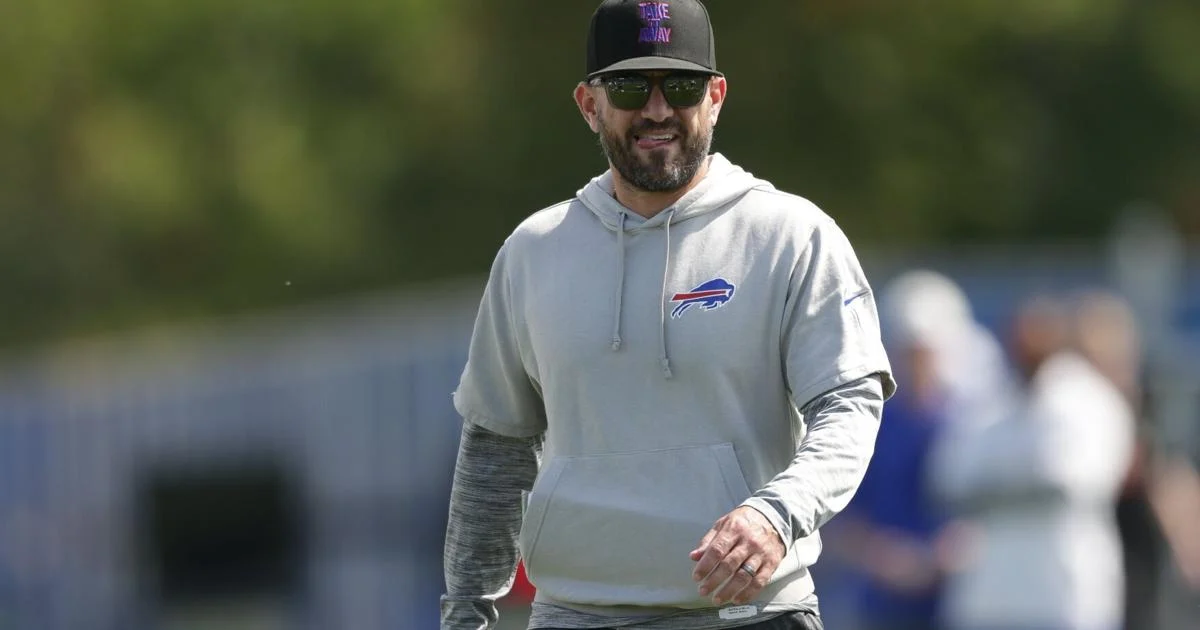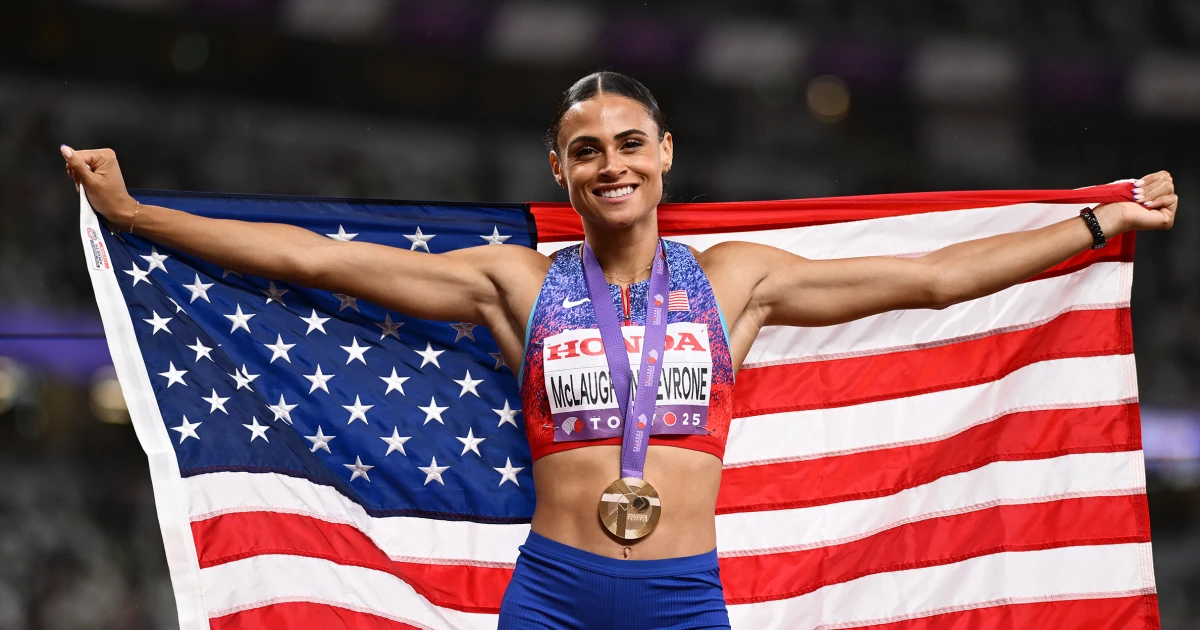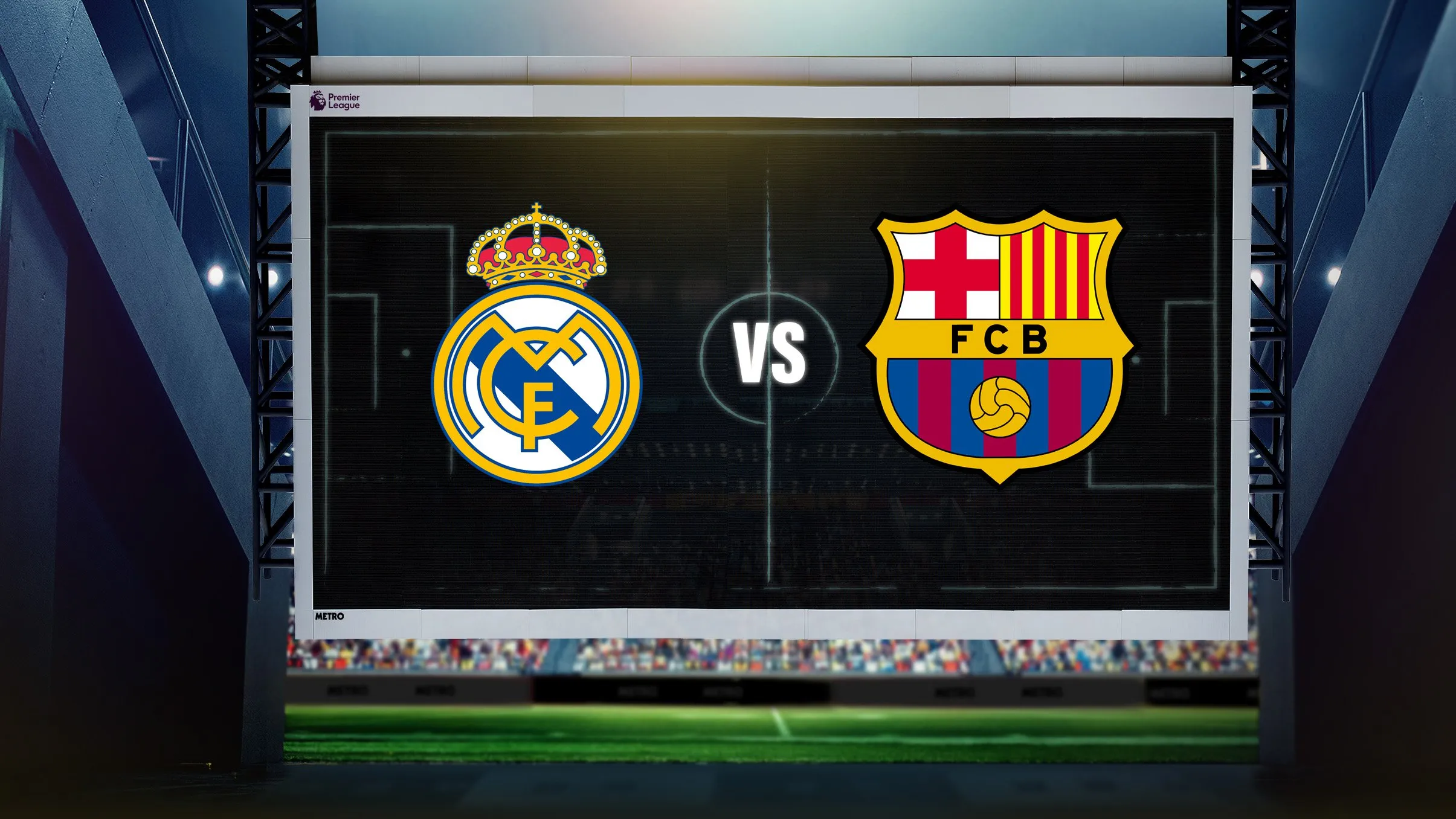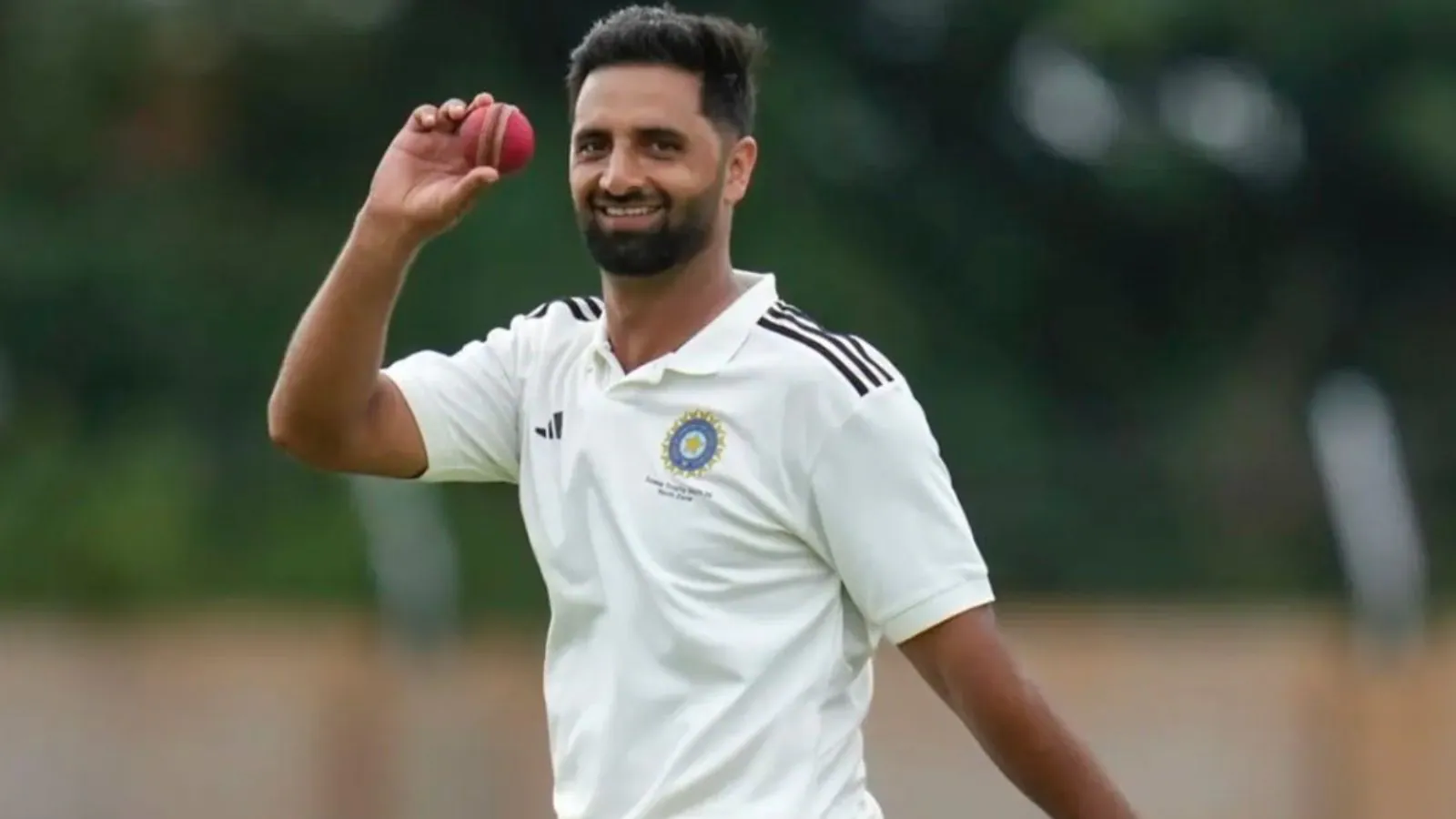Copyright NBA News
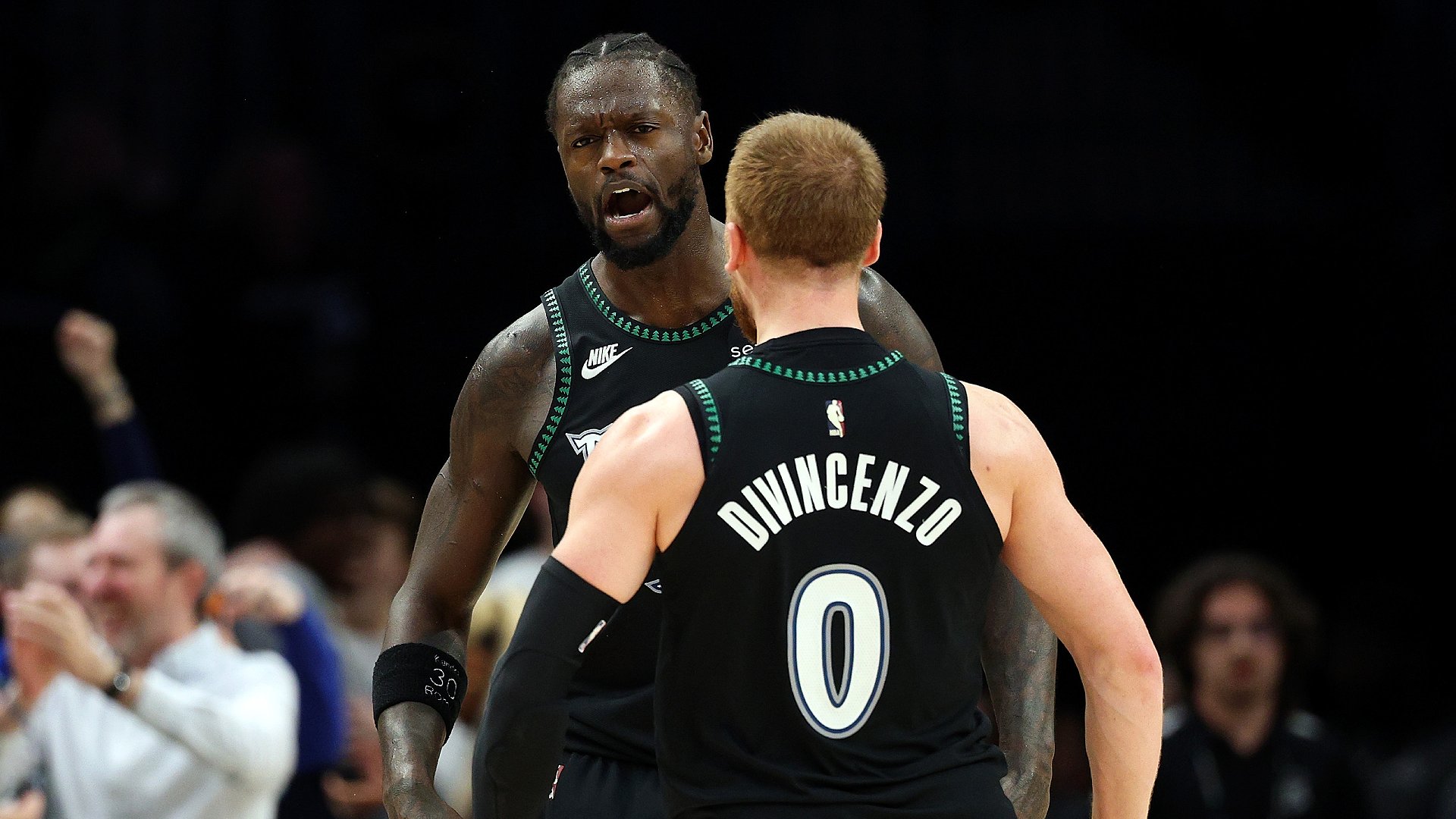
When it comes to “clutchness,” that elusive yet essential trait of NBA success, a famous quote comes to mind. “Do or do not. There is no try.” The source of that wisdom is: Jalen Brunson Steph Curry Yoda, everyone’s favorite little green Jedi Master The answer is C, but there easily could have been a fourth option: “D, All of the above.” Without conviction, without commitment, there is no clutch. In the closing minutes and pressure shots of NBA games or in pretty much any nervous moments across all sports. Brunson and Curry, the past two winners of the Kia Clutch Player of the Year Award, personify that mindset. As a team, the Minnesota Timberwolves are determined to embrace it this season. (A brief aside: There’s a variation that was spelled out to me around the batting cage before Game 4 of the 1982 American League Championship Series by none other than Reggie Jackson, “Mr. October,” a nickname that oozed the slugger’s propensity for responding in big moments. This was in my past life as a newspaper columnist, in simpler times, when it was just Jackson jumping in and out of the batting cage at Milwaukee’s County Stadium on a drizzly Saturday and me, one-on-one, hanging on every word. “Don’t give me what you’ve got,” Jackson said, eyeballing my pen and notebook through his trademark aviator glasses to make sure I was getting this lesson right. “Give me what it takes.”) That explained, in Jackson’s view, the difference between winners and losers. Who are the ones typically talking about how much (or not) they tried after a game is over? Right, the “good game, good effort” side. The Timberwolves had way too many of those results last season. They played the most “clutch” games in the NBA in 2024-25 – within five points at any time in the final five minutes – and managed a dreary 20-26 in those situations. Only the Miami Heat (28) lost more close games than that. Minnesota’s ability to assert its will late in such contests undercut its stellar play – 29-7 – in games not nearly as tense and up for grabs. The previous season, the Wolves were just as good in non-clutch games, going 35-11. But they had better results in the clutch, winning 21 of 36. Being +6 vs. -7 was the difference between the No. 3 seed in the Western Conference in 2023-24 and barely snagging the No. 6 seed last year. Given how rugged the Western Conference figures to be this season, coach Chris Finch’s team needs to dial up its play in the clutch, not tighten up. The question is, how does a team improve its clutchness? It’s one thing for individual players to rise or fall in key moments. There are all sorts of possible explanations along the “nature vs. nurture” spectrum for one’s ability to weather, or even thrive in, tough circumstances. Tales of Curry’s and Brunson’s training and prep work are legendary, and it probably doesn’t hurt that both were born to NBA-player fathers, Dell and Rick, respectively. The Wolves have an individual who has been pretty good in close games himself. Anthony Edwards finished third last spring in CPOY balloting for the Jerry West Trophy behind New York’s Brunson and Denver’s Nikola Jokić. He led the league with 157 clutch points, one more than Brunson, but got them less efficiently and with lesser results (Brunson’s Knicks went 17-11 in the clutch with him in charge). But as a group, how do multiple players of varying backgrounds and temperaments gel into a unit that excels in extremes? That has been the challenge to Finch and his staff since the summer. The difference in clutchness didn’t dictate the outcomes of their past two seasons – consecutive trips to the West finals – but it’s hard to imagine them going a step or two beyond next spring without winning more close games. “It’s very hard to replicate all the pressure and situations exactly,” the Wolves coach said before a recent game. “But we do play advantage-disadvantage games [in practice], low-minute games, clutch situation games. We did a lot of that through training camp.” Two seasons ago, Minnesota had a more varied approach late in games, with Karl-Anthony Towns still on board as an inside-outside scoring threat and veteran Mike Conley in a bigger role. Last season, Edwards got the ball more often in those clutch moments, a common NBA star privilege, while new pieces Julius Randle and Donte DiVincenzo with the others. “The great thing about last year and the 46 games we played in the clutch,” Finch said, “we have a great body of work to analyze on film with Anthony. I think varying our end-of-game offense will help a lot. … Such as Mike-Rudy [Gobert] pick-and-rolls to close games with. I think we can find Julius a little more in the post to close games with. These are things that we know pay dividends, rather than just relying on Ant all the time.” In the small sample size of this early season, the Wolves are 2-1 in close games after four-point victories over Portland and Indiana. Edwards was a perfect 4-for-4 in clutch time, including a pair of 3-pointers, for 10 points. But when he missed the Oct. 29 game against the Lakers, the Wolves got mixed results down the stretch. They turned a potential blowout – down 109-94 with 5:53 remaining – into a clutch opportunity, with five players scoring in a frantic 21-5 scramble. Jaden McDaniels had seven, DiVincenzo five and Randle four, including a finger-roll for a lead with 10.2 seconds left. That’s when Austin Reaves split the double-team of McDaniels and Gobert for a 12-foot floater at the buzzer. Doh! There was an opportunity for some group clutchness … and the Wolves failed that quiz. “I think a key is not to take any possession off, offensively or defensively,” DiVincenzo told NBA.com. “In those clutch moments, under five minutes, every possession is important. So just having the attention to detail every single possession, execution every single play, and getting a good shot, not just taking any shot we can get.” Said Gobert: “It’s chemistry and I think it’s connectivity down the stretch. We have to keep being who we are on both ends, and we have to stay focused. A lot of those games [last season] didn’t need to be close games. But we made them close games because we’d kind of relax or have two bad turnovers, things like that. So it starts with a mental toughness.” That’s all the green shorty was saying about thriving in the clutch. Do or do not. * * *
